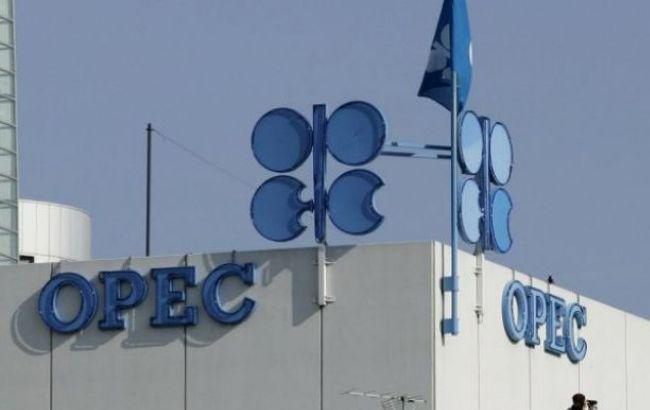Baku, Azerbaijan, May 30
By Elena Kosolapova – Trend:
The extension of the oil cut deal, at best, will establish the current situation as the new normal continuing well into 2018 and even 2019, but it will be harder for OPEC members to comply with its terms, Dr. Micha’el Tanchum, a fellow at the Energy Policy Research Center at Bilkent University, Ankara, Turkey, believes.
“It will be harder for OPEC members to maintain compliance as the risk of losing market share increases,” Tanchum told Trend by email.
He noted that, if Nigeria and Libya achieve sufficient stability, each may be able to increase its rate of production.
However the most worrisome is increased production from a more cost-efficient US shale industry, Tanchum stressed.
According to the expert, the US shale production has the potential to post 800,000-1 million barrels per day (mbpd) increase by the end of 2017 compared to 2016 - roughly half of the 1.8 mbpd removed from the market within the oil output cut deal.
He noted that once experts did not believe that shale production could survive at $70 per barrel, but now the US shale industry can be profitable with prices in the $50 range and even in the $40 range.
“Thus, Saudi Arabia’s cost production advantage over shale has shrunken to a remarkable extent. Other nations who do not enjoy Saudi Arabia’s cost advantage over US shale production are more likely reduce their level of compliance,” Tanchum said.
Speaking on the results of the oil output cut deal so far, the analyst noted that according to the IEA data, global consumption did in fact outpace production in 1Q17, primarily due to the impressive compliance rates among OPEC members.
Nonetheless, there has been no significant reduction of excess supplies, with floating storage and lower compliance by some non-OPEC signatories as the probable culprits, he said.
Tanchum noted that the extension of the oil cut deal seems to have been anticipated by the market and so oil prices experienced no sharp rise on the announcement of the extension.
In late 2016, OPEC and non-OPEC producers reached a deal to curtail oil output jointly and ease a global glut after more than two years of low prices.
OPEC has agreed to slash the output by 1.2 million barrels per day from Jan. 1, with top exporter Saudi Arabia cutting as much as 486,000 barrels per day. Non-OPEC oil producers such as Azerbaijan, Bahrain, Brunei, Equatorial Guinea, Kazakhstan, Malaysia, Mexico, Oman, Russia, Sudan, and South Sudan agreed to reduce the output by 558,000 barrels per day. The agreement was for six months period, extendable for another six months.
Last week, all the participants of last year's agreement agreed to extend it to another nine months.






